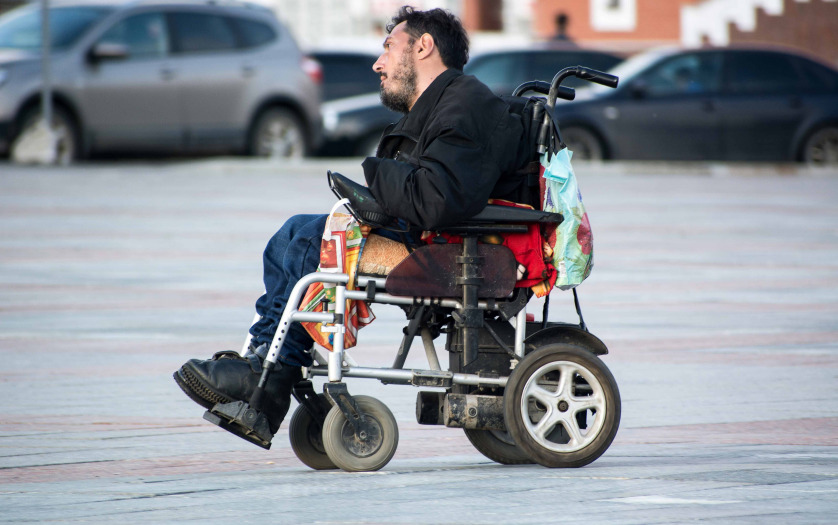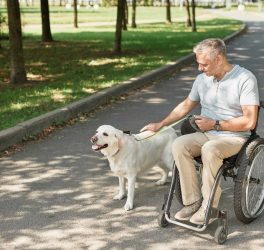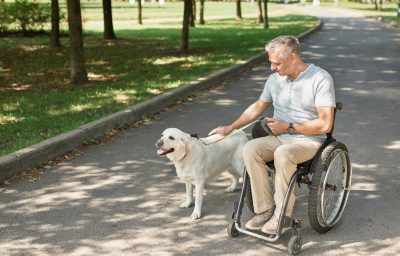
Peer-reviewed research related to the effect of COVID-19 on people with disabilities, analyzed through a “systems-thinking” approach, suggests five key leverage points for the advancement of the disability and rehabilitation fields post-pandemic.
They are the development of disability-inclusive public health responses and emergency preparedness; enabling employment and telework opportunities for people with disabilities; and addressing new requirements in rehabilitation service provision, including in the care of people with infectious diseases such as COVID-19; embracing telehealth; and developing greater resilience, distance learning, and employability among the rehabilitation workforce.
“If successful, we can move towards a transformed society with improved capacity and capabilities for increasing the health, employment, equity, and quality of life for people with disabilities. To achieve anything less would be a lost opportunity to ‘build back better,” suggests Tiago S. Jesus, PhD, OT, Global Health and Tropical Medicine and WHO Collaborating Center on Health Workforce Policy and Planning, Institute of Hygiene and Tropical Medicine, NOVA University of Lisbon, Lisbon, Portugal.
“A ‘new normal’ following COVID-19 and the economic crisis: Using systems thinking to identify challenges and opportunities in disability, telework, and rehabilitation,” by Tiago S. Jesus, Michel D. Landry, and Karen Jacobs.
A Journal of Prevention, Assessment & Rehabilitation is helping organizations manage the challenges they face during the COVID-19 pandemic by publishing robust, evidence-based research, and commentary, published by IOS Press.








